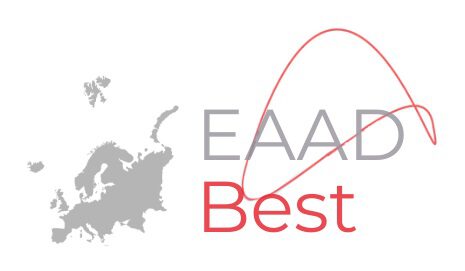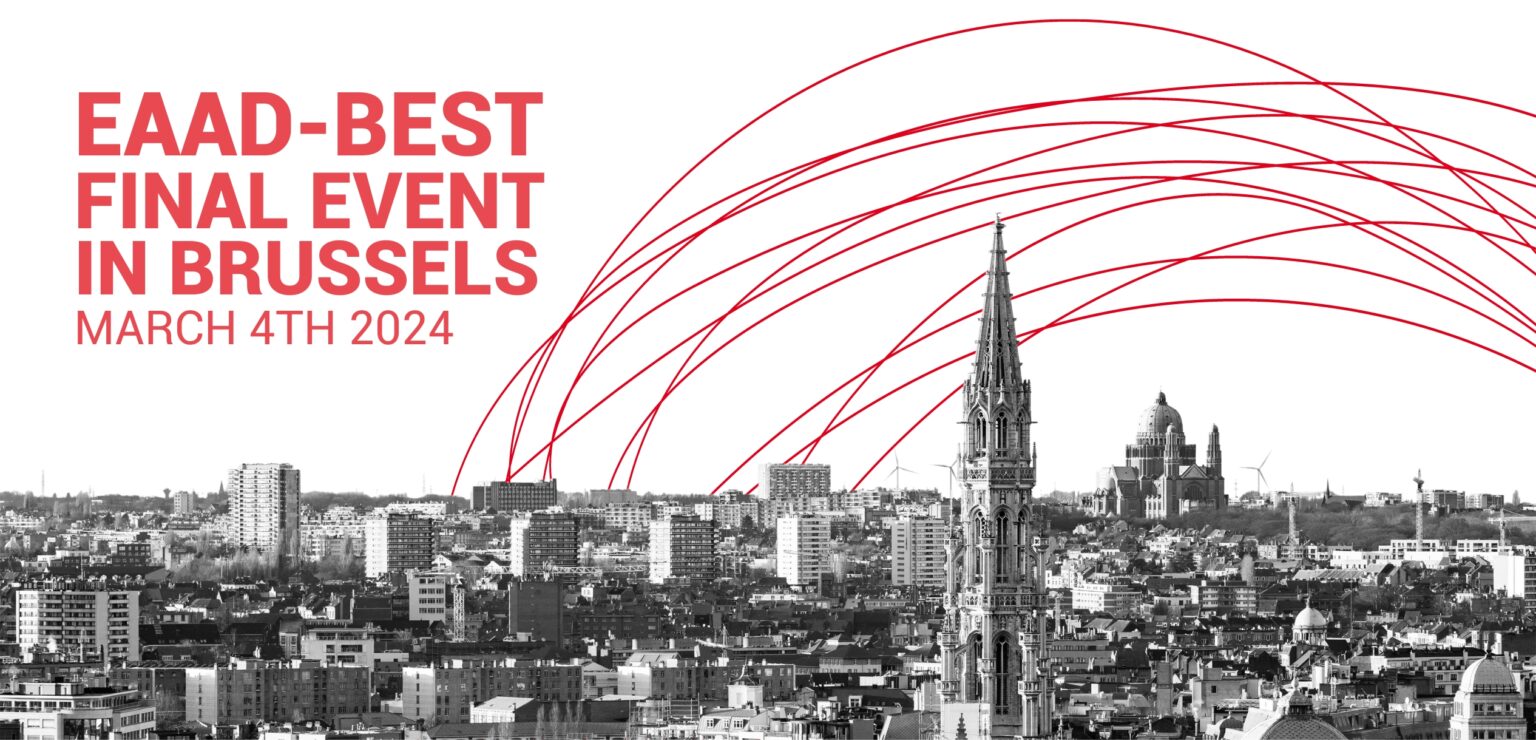
The EAAD-Best consortium held the final project event in Brussels on March 4th, 2024. The main objective of the EAAD-Best project was to improve care for patients with depression and to prevent suicidal behaviour in Europe. It was achieved by implementing the European Alliance Against Depression’s community-based 4-level intervention for the first time to target regions in Bulgaria, Estonia, Greece, Italy and Poland and to further regions in Hungary, Ireland and Spain. Furthermore, it aimed at promoting in each of these countries a nationwide uptake of the iFightDepression® tool, an internet-based self-management tool for patients with depression, and more broadly, the iFightDepression® awareness website.
Read the original event press release here.

At the EAAD-Best Final Event, consortium partners and leaders of organizations implementing community-based interventions gathered to share lessons learned during the project. There was an interesting exchange of experiences and discussions about the future implementation and evaluation of best practice models of mental health. Stakeholders, policy makers, like-minded research consortia, civil society, foundations and organisations were welcomed to the event, since preventing depression and suicidal behaviour is a complex task that goes beyond the boundaries of healthcare and requires global attention.
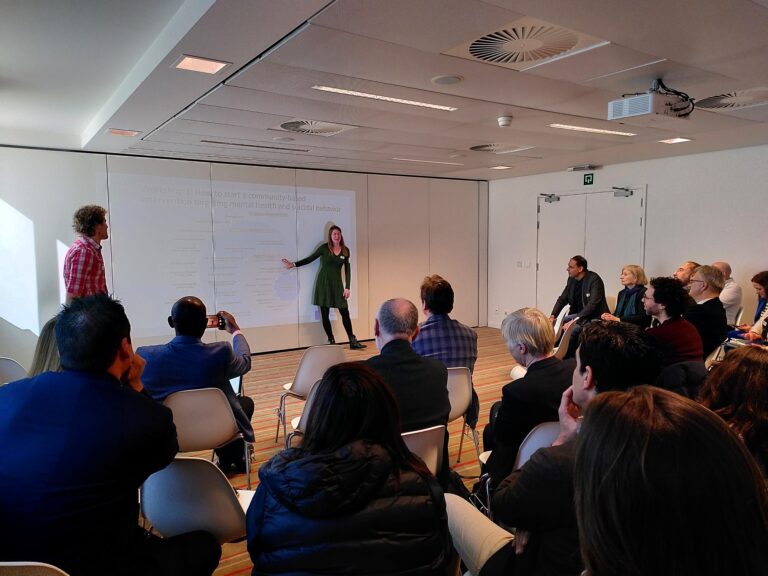
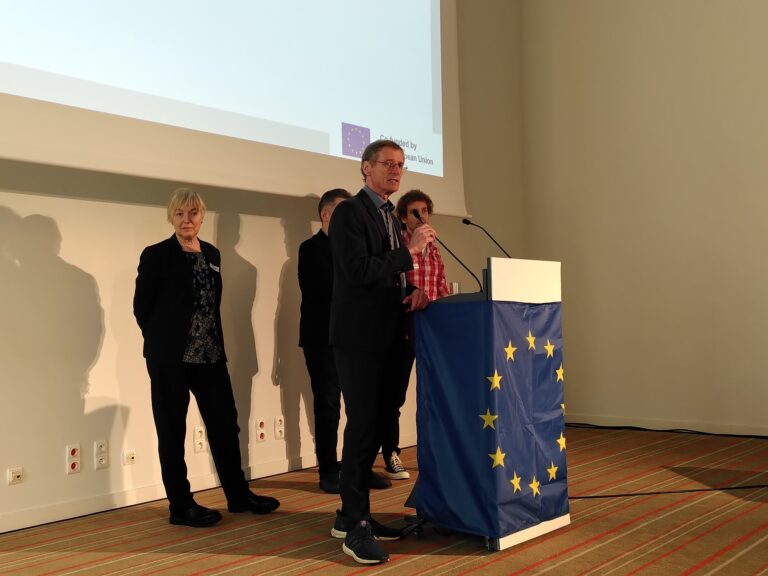
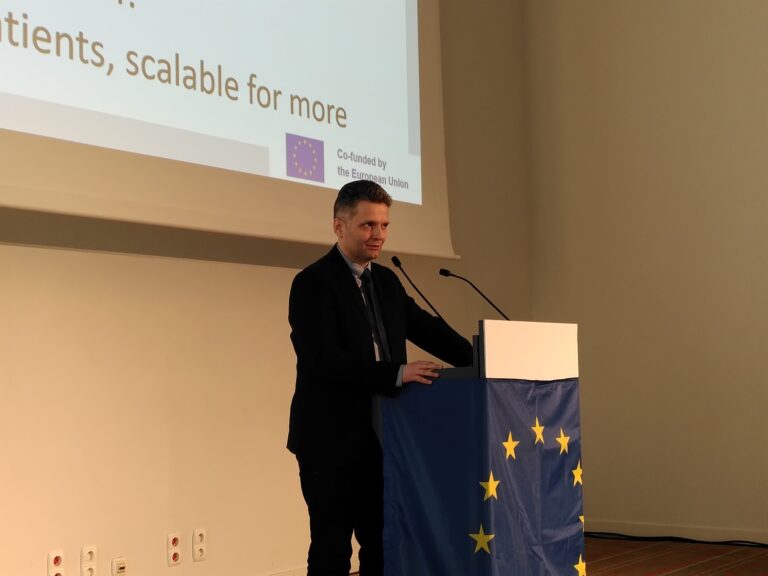
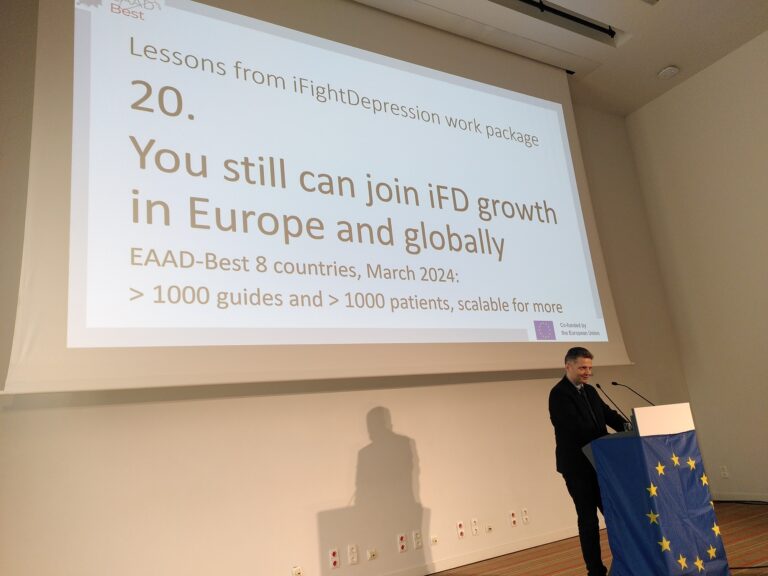
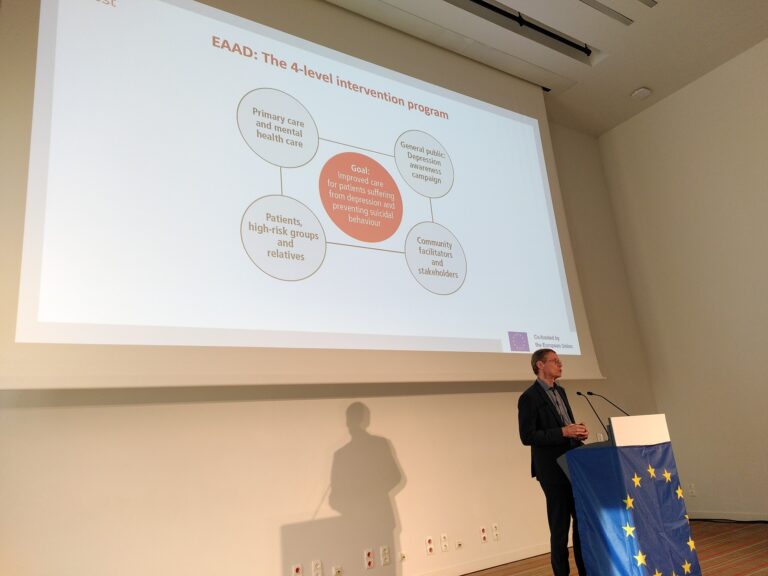
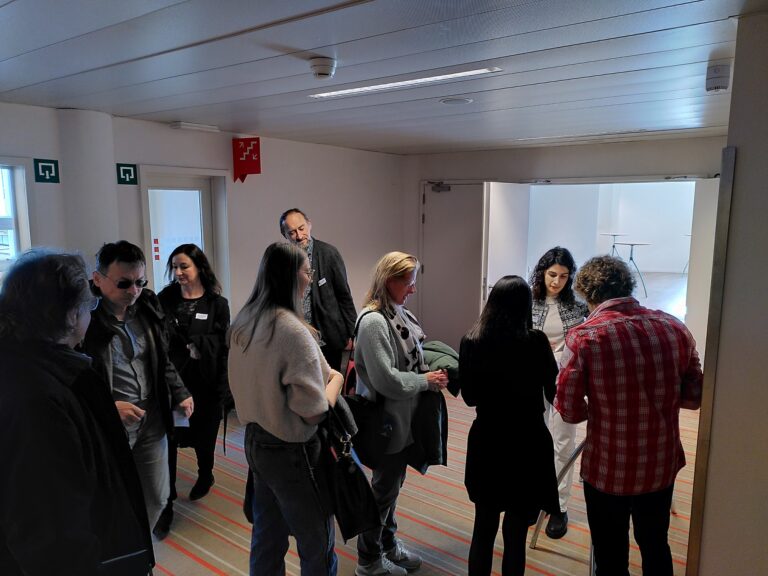
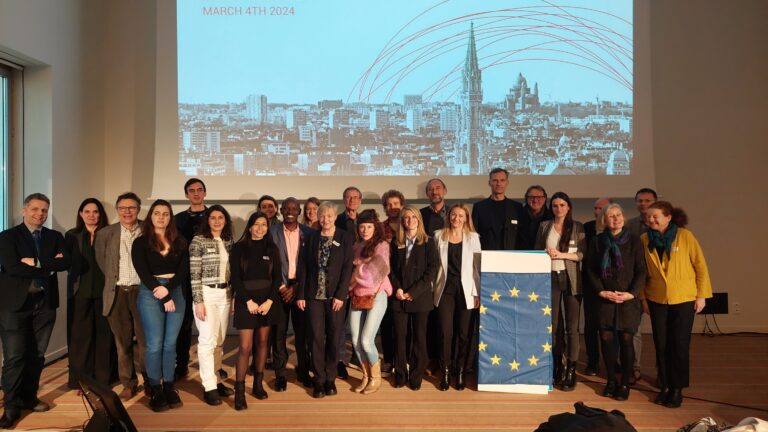


The conference was opened by Ugo Guarnacci, representative of HaDEA and EU4Health project manager. Prof. Dr. Ulrich Hegerl, President of the European Alliance Against Depression (EAAD), provided an overview of EAAD-Best and gave an insight into the most important lessons learned from the project and through the last fifteen years since the start of EAAD. He stated that the community-based 4-level intervention concept has simultaneously addressed two partly overlapping aims of improving care for people with depression and preventing suicidal behaviour, being to date the most broadly implemented and best evaluated approach in suicide prevention globally. He also highlighted the successful adaptation of the 4-level intervention to different cultures and health care systems by establishing regional networks to strengthen community engagement. To date, the 4-level intervention has been implemented in more than 130 regions in 16 countries within and outside Europe, and the objective is to continue its expansion.
Rainer Mere, Project Manager at the Estonian-Swedish Mental Health and Suicidology Institute, shared some of the most important lessons learnt from implementing the 4-level approach. He emphasized the importance of establishing and guiding local alliances to become simultaneously active on all four intervention levels in order to create a critical mass of activities as well as synergistic and catalytic effects. He also drew attention to the importance of creating a learning network of all implementing regions with the aim to exchange experiences, support each other with advice and encourage the expansion of the 4-level interventions to other regions.
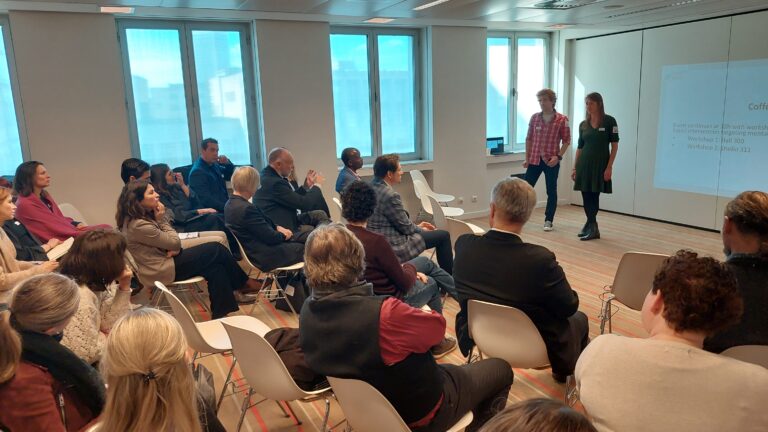
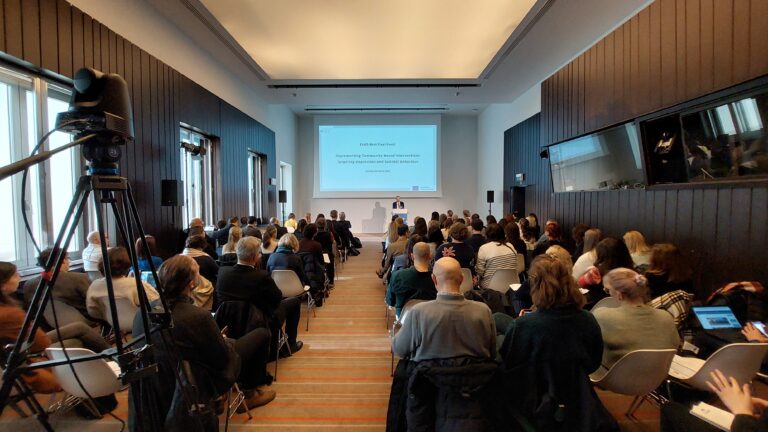
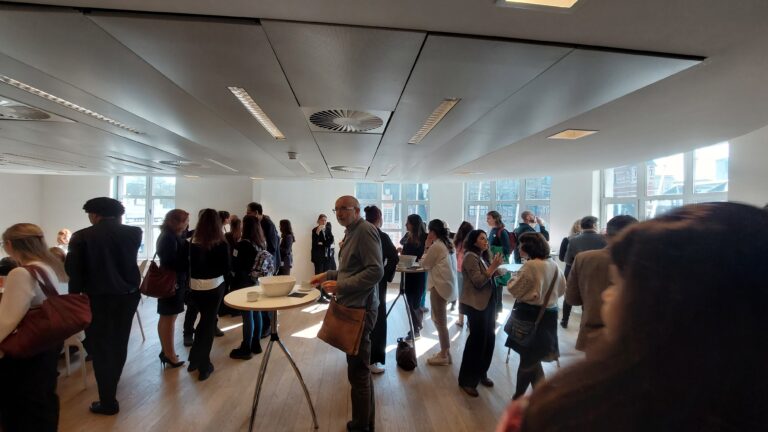
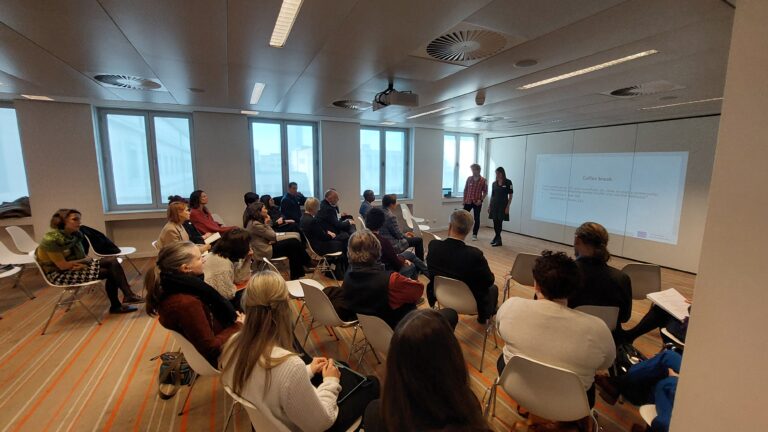
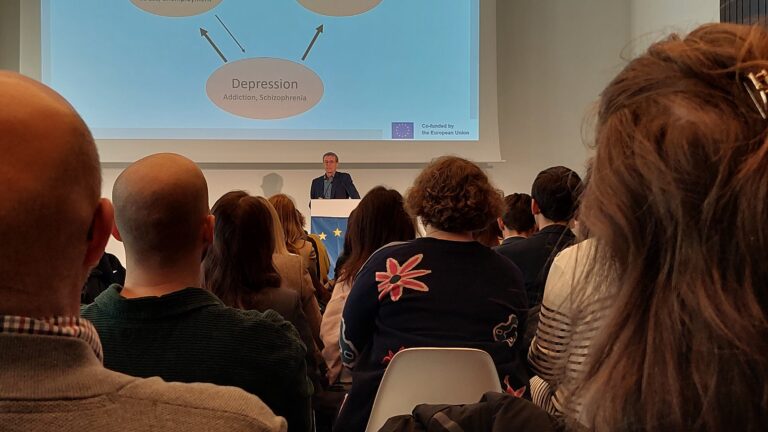
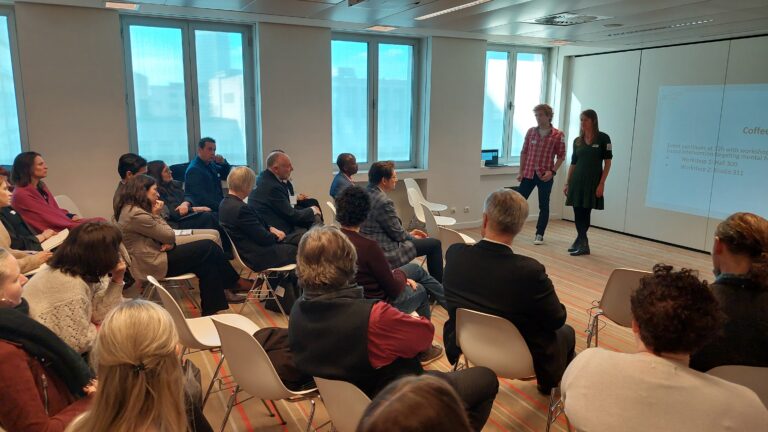
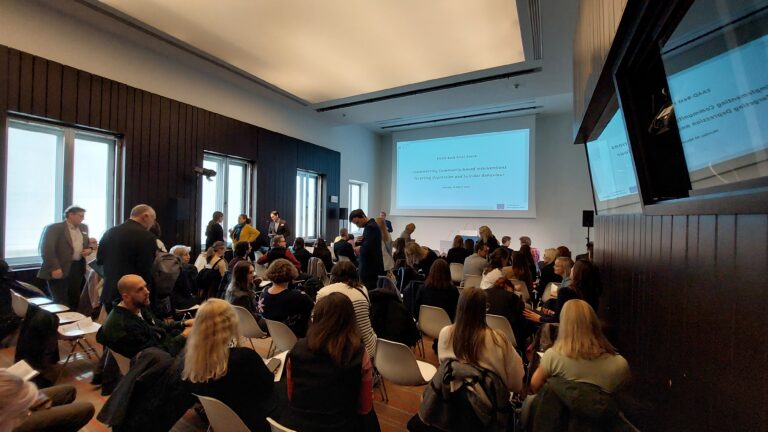
Piotr Toczyski, Principal Investigator at Maria Grzegorzewska University, presented lessons learned from implementing the iFightDepression® tool, highlighting the positive impact of online self-help tools on the treatment of depression and prevention of the increase in depressive symptoms. He spoke about the importance of building and strengthening collaboration among local community helpers such as GPs, psychiatrists, teachers, nurses, clergy, mental health first responders, police officers, social workers and media personnel. Finally, he advised on the positive impact of the continued promotion of the iFightDepression® tool and the awareness website over the years, which has contributed to mental health literacy, stigma reduction and help seeking behaviour.

Prof. Chantal van Audenhove, Principal Investigator at LUCAS KU Leuven (Centre for Healthcare Research and Consulting), gave an insightful presentation on how to evaluate a multilevel intervention and the effectiveness of the 4-level approach and the iFightDepression® tool. She also shared a small extract of the results of the EAAD-Best evaluation, showing the success of the trainings held as well as the positive impact of the use of the iFightDepression® tool.
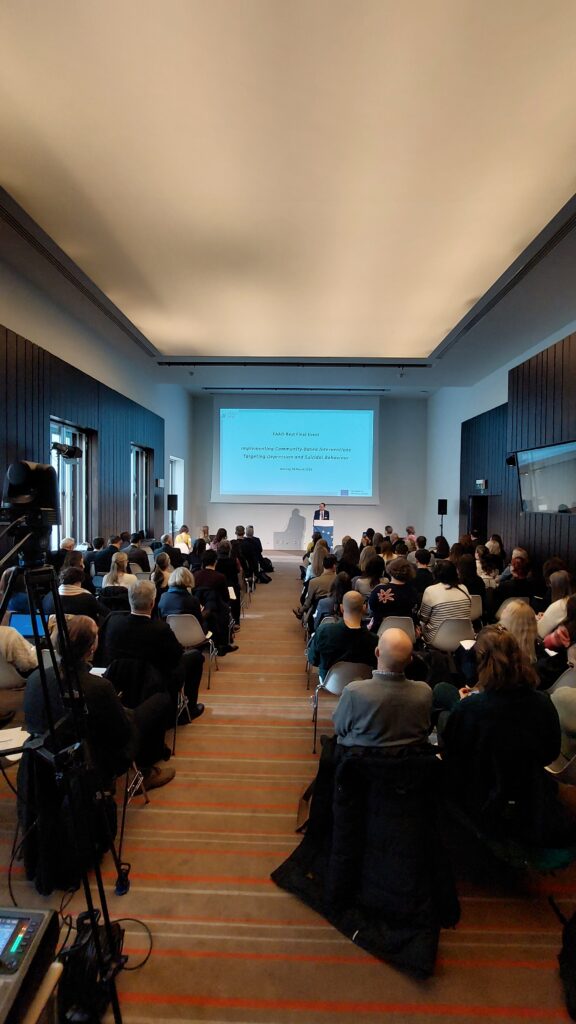
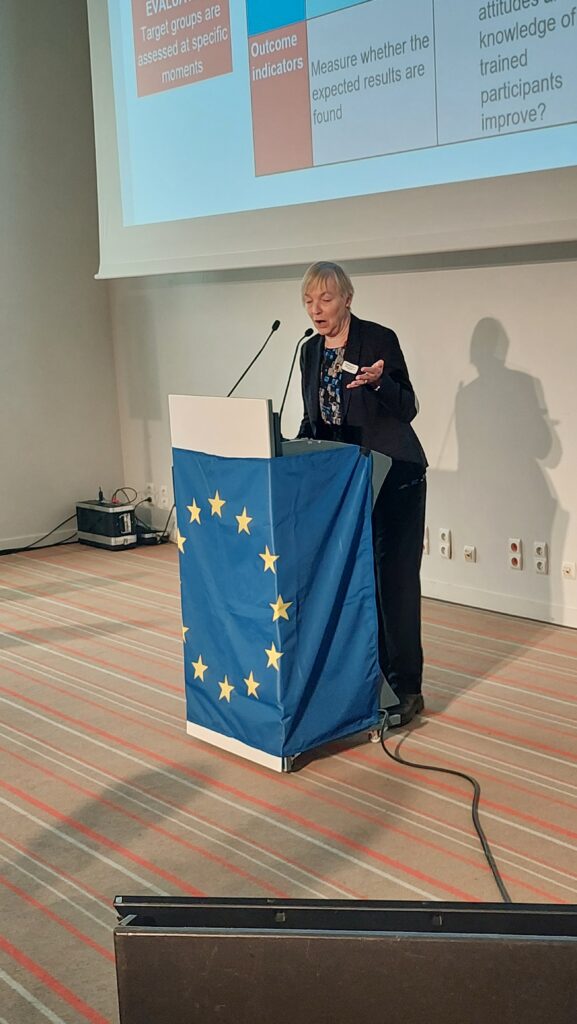
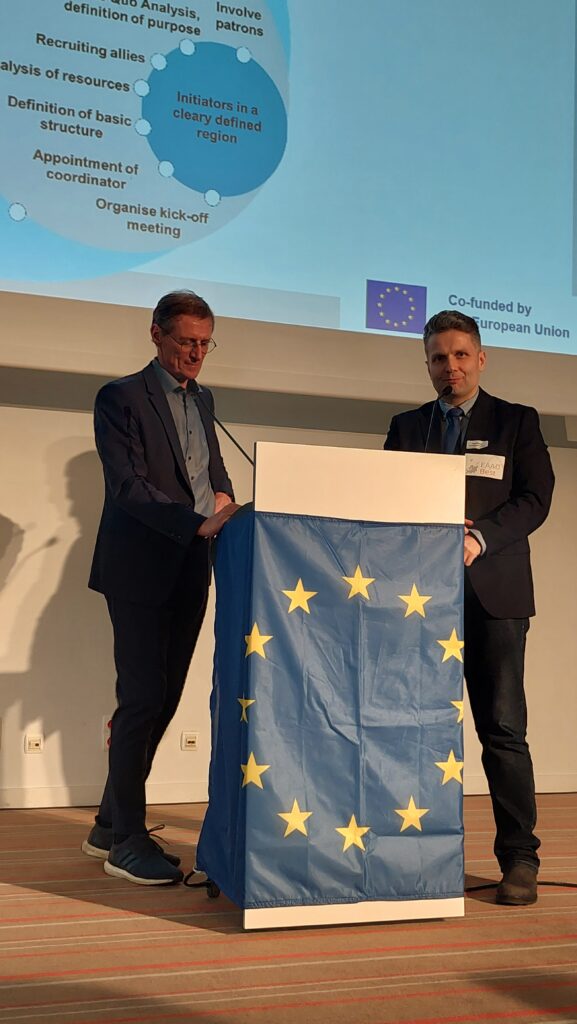
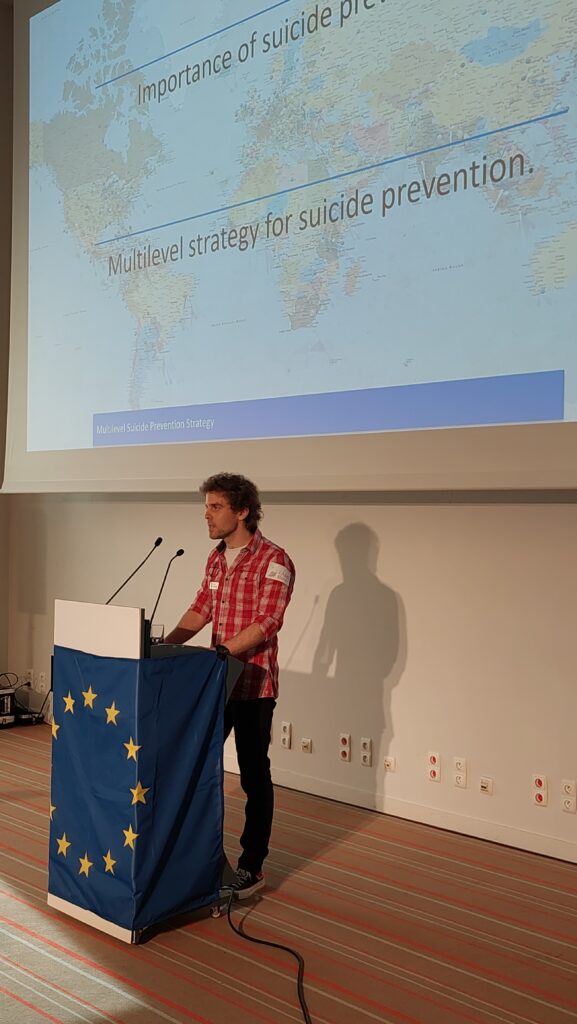
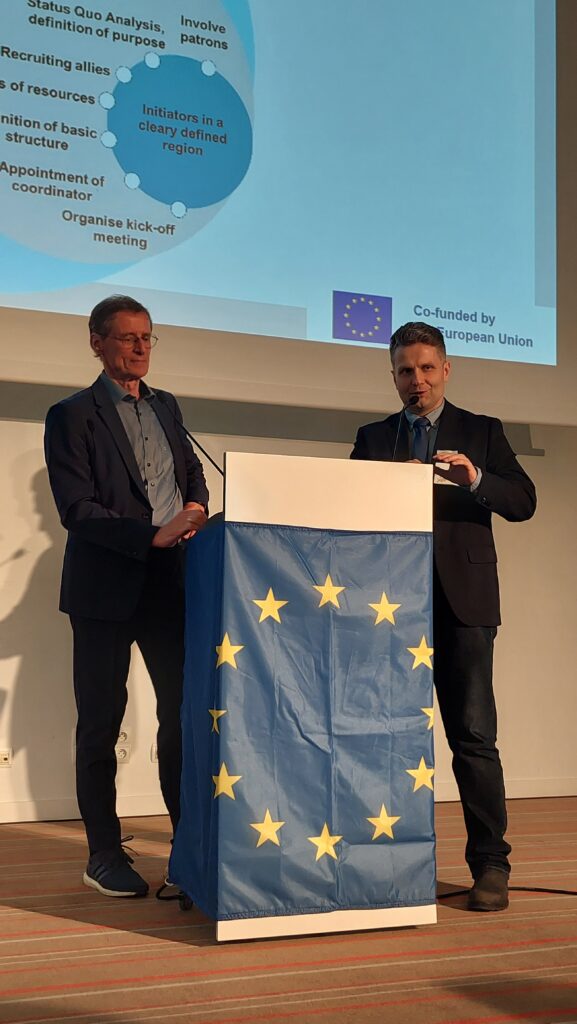
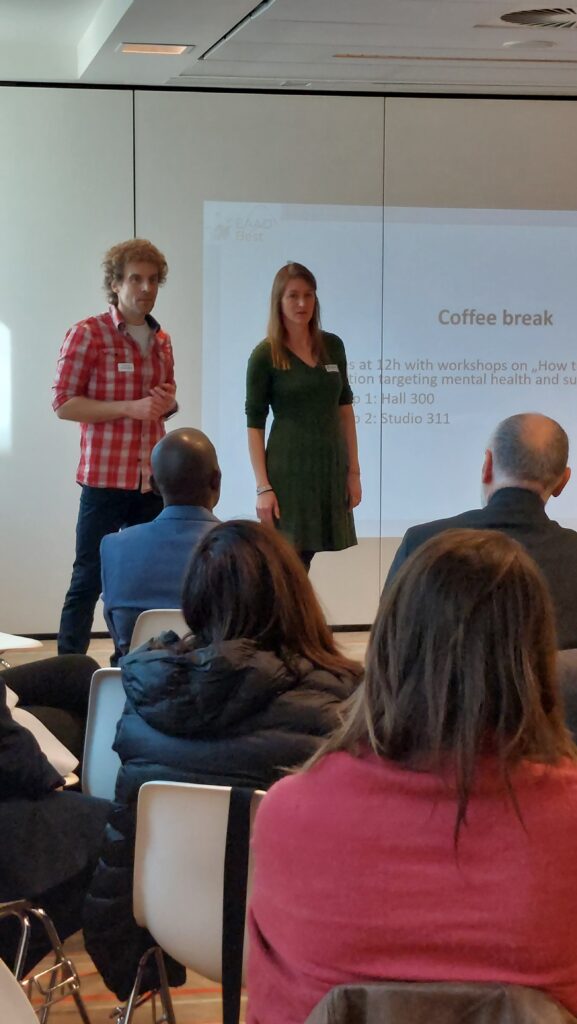
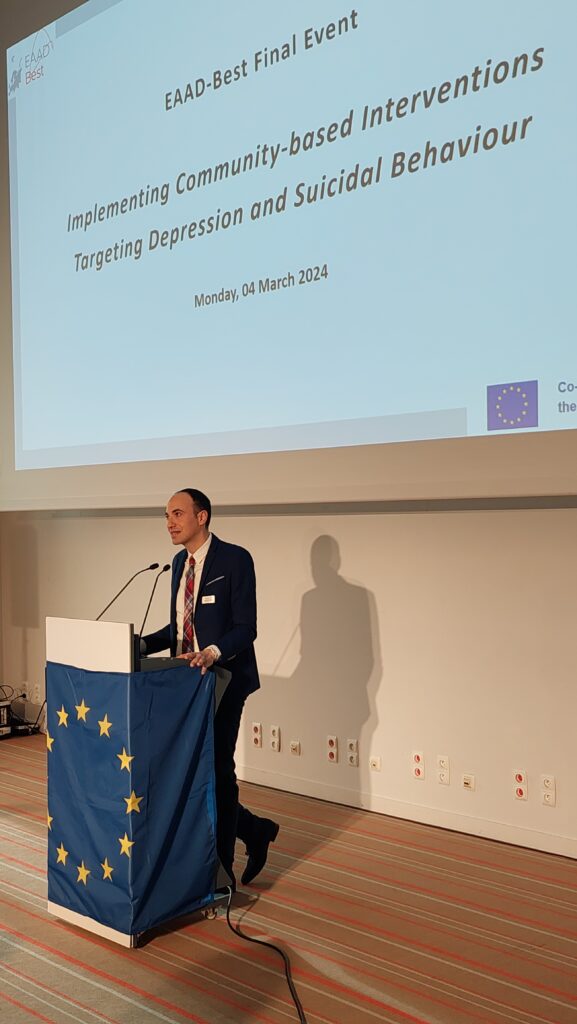
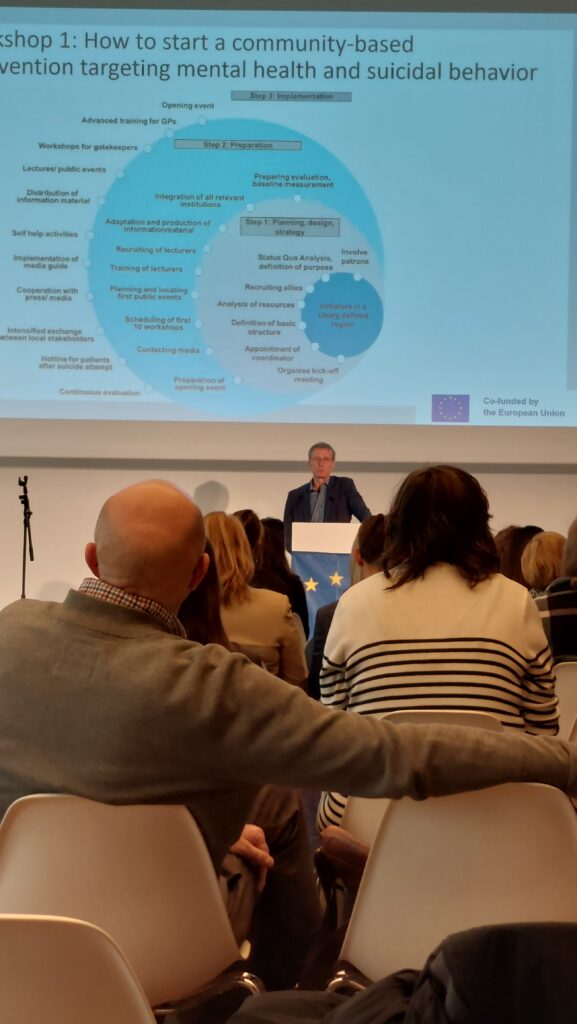
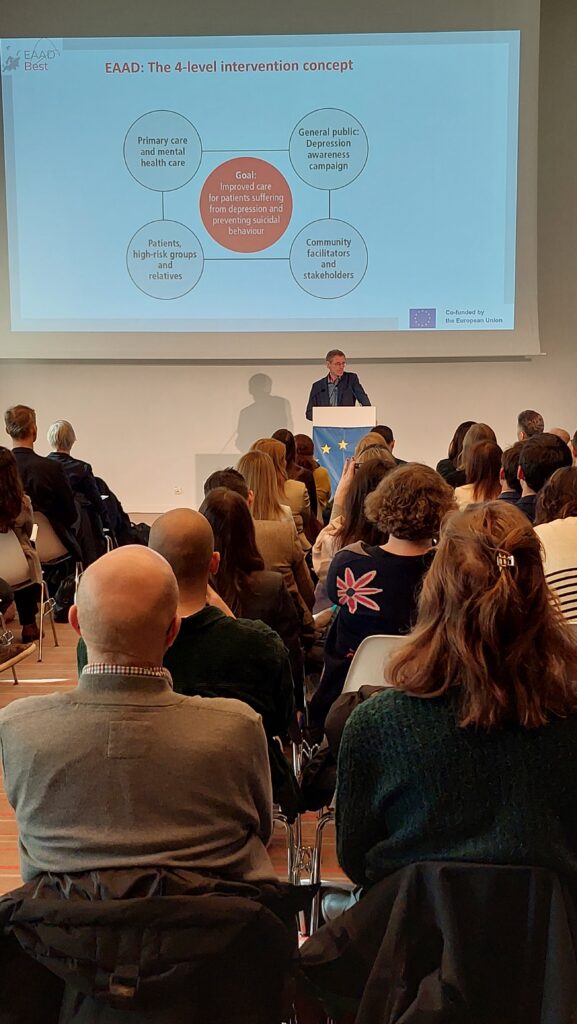
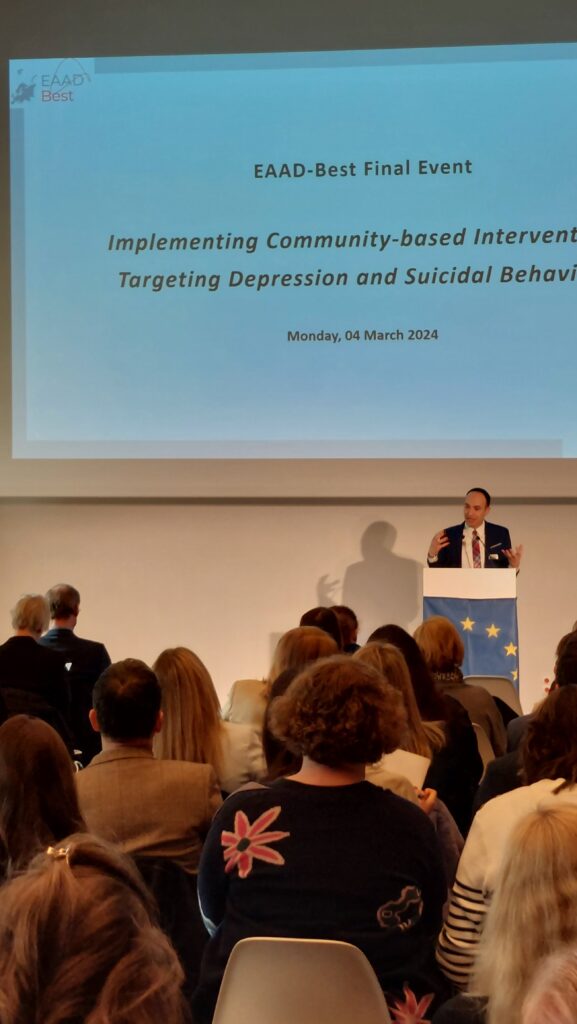
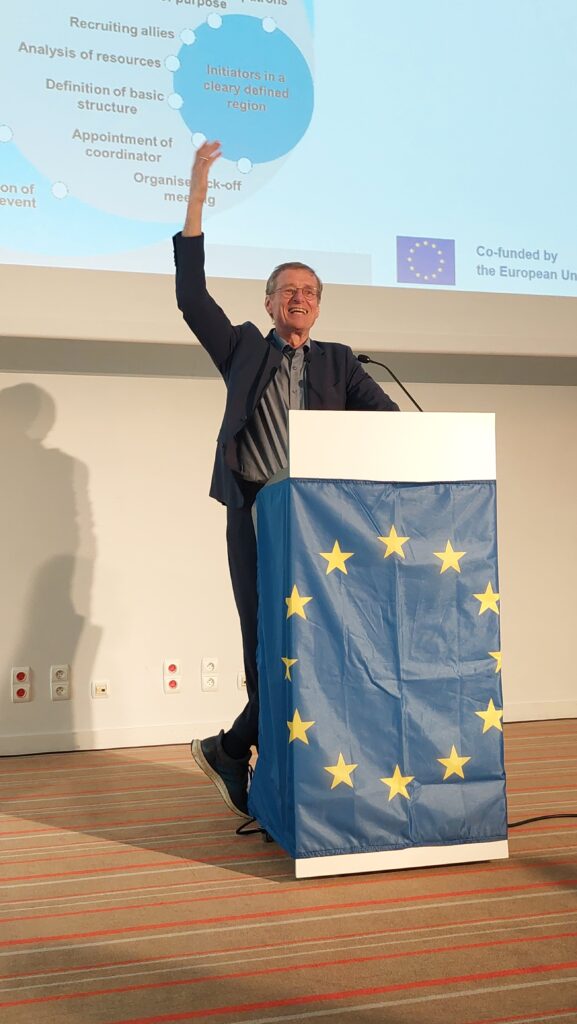
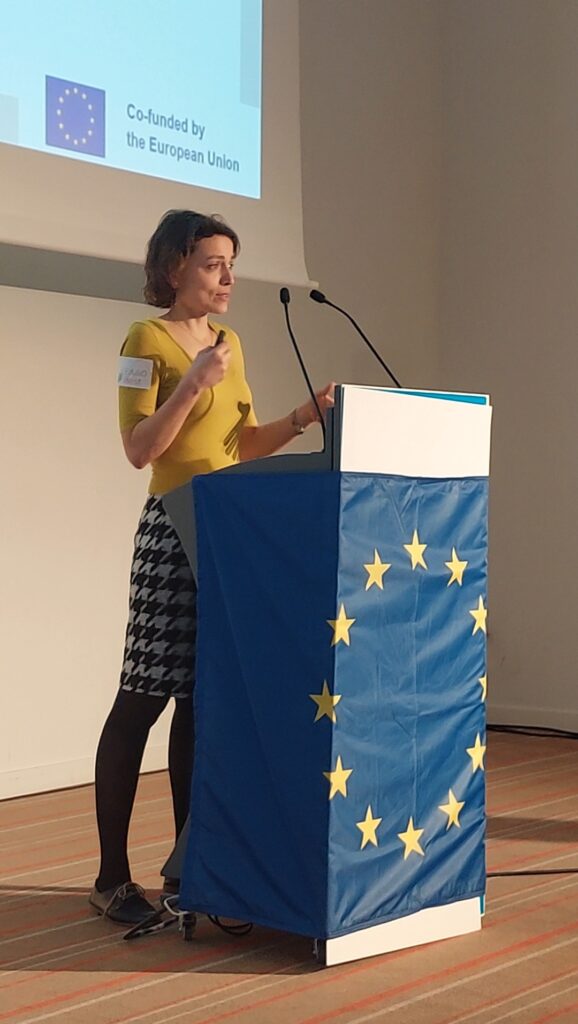
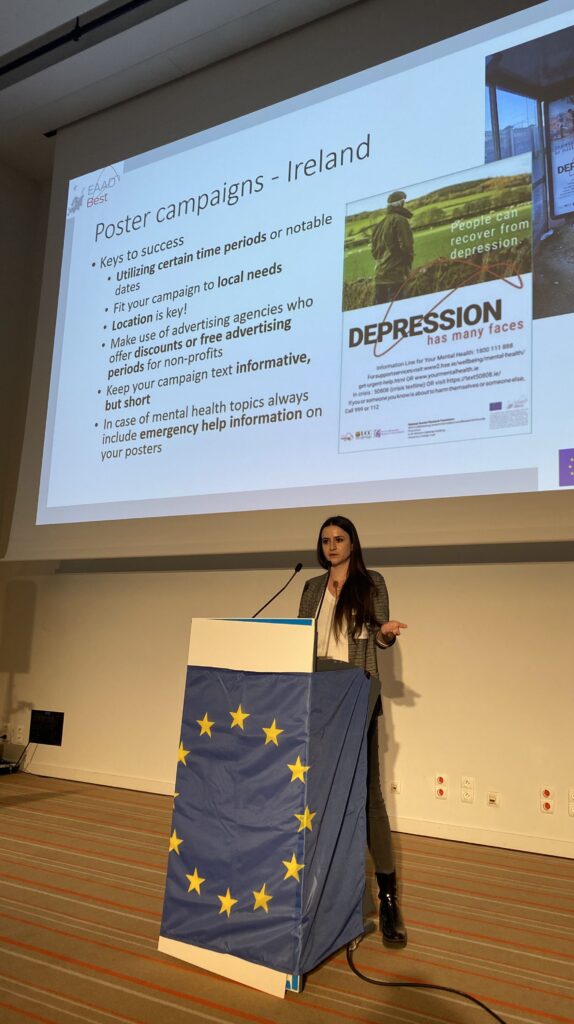
Participants gathered in thought-provoking workshops to discuss concrete steps on how to initiate a community-based intervention targeting mental health and suicidal behavior, and how to scale it up nationally and make it sustainable. Attendees also discussed the crucial role of the media in preventing and triggering depression and suicidal behavior, as well as congruent strategies to set-up effective PR activities.
Overall, the EAAD-Best Final Event was successful in fostering exchange of experiences with community-based Interventions. The conference highlighted the need for action in this area and encouraged others to join or start new regional activities targeting depression and suicidal behavior.
For those who attended the event in person and online, we have prepared a short satisfaction questionnaire. We would be pleased if you could fill it out, as it will be useful for the organization of future events http://eaad-best.eu/questionnaire
The recording of the plenary session can be found here.
